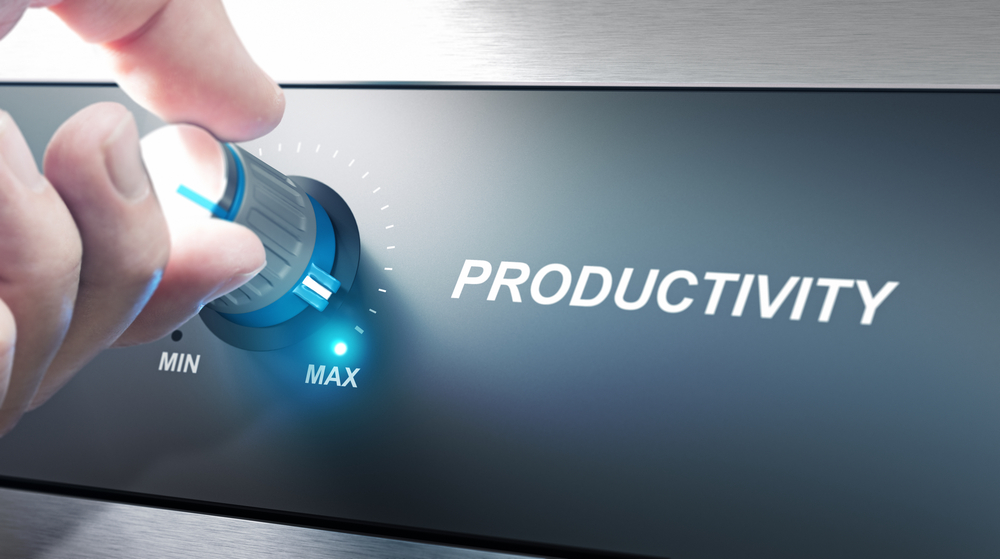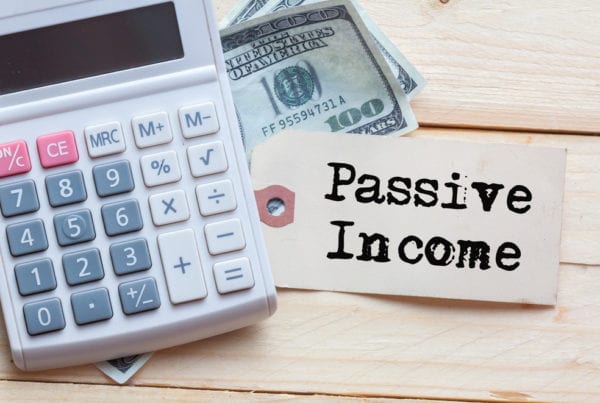Many people dream about working for yourself, but what happens when you actually take the leap and start your own business? You may find it difficult to concentrate and focus on the tasks you need to accomplish when you don’t have someone to report to, but maintaining productivity is essential for success—when you work for yourself, wasted time is wasted opportunity and potentially wasted income. Here are some tips for when you first begin your work-from-home journey as your own boss.
1: Create a Plan for Each Day
A written plan for what you need to accomplish keeps you on track. You can go with a low-tech to-do list that is written on a pad of paper, or go high-tech and set yourself up with free project management (PM) software or other tools that help you organize your tasks for each day, week, month, and year.
2: Track Your Time
Another effective way to increase productivity is to actually have a record of how you spent your time. There are online apps (both free and paid subscriptions) that you can use to track how much time you spend on various tasks throughout the day to ensure you’re spending your time wisely. If you get to the end of the day and realize you’ve only logged 2 hours of actual work building your business, you can examine what is distracting you and figure out ways to eliminate those things.
3: Remove Distractions
Distractions are everywhere, and while you may not be able to get rid of them all, there are some things you can do to minimize how much they get in the way of focused work time. Turning off desktop and phone notifications for emails and text, and using smartphone features like Downtime, Do Not Disturb, or Quiet Time to shut off news alerts and social media can help you stay on track throughout the day. Then build in specific time to check your email, respond to texts, or browse the news.
4: Take Regular Breaks
It might seem counterintuitive that taking breaks could make you more productive, but trying to power through eight straight hours of work can lead to fatigue and make you even less productive as the day wears on. Research has shown that 90-minute intervalswith breaks between are most effective for elite athletes, chess players, and musicians to perform at their peak.
5: Use the “Two-Minute Rule”
Sometimes we think that tackling the biggest projects first is a good idea, but entrepreneur Steve Olenski actually recommends that you look at your to-do list and start with anything that will take two minutes or less. It takes less time than going back to do it later, and can have a psychological benefit of making you feel productive to have several tasks crossed off your to-do list so early in the day.
If you think life without a boss is something you want to try, we have a network of people who have successfully made the switch from having someone tell you what and when to work to being their own boss. Find out more about how you can get started today.





